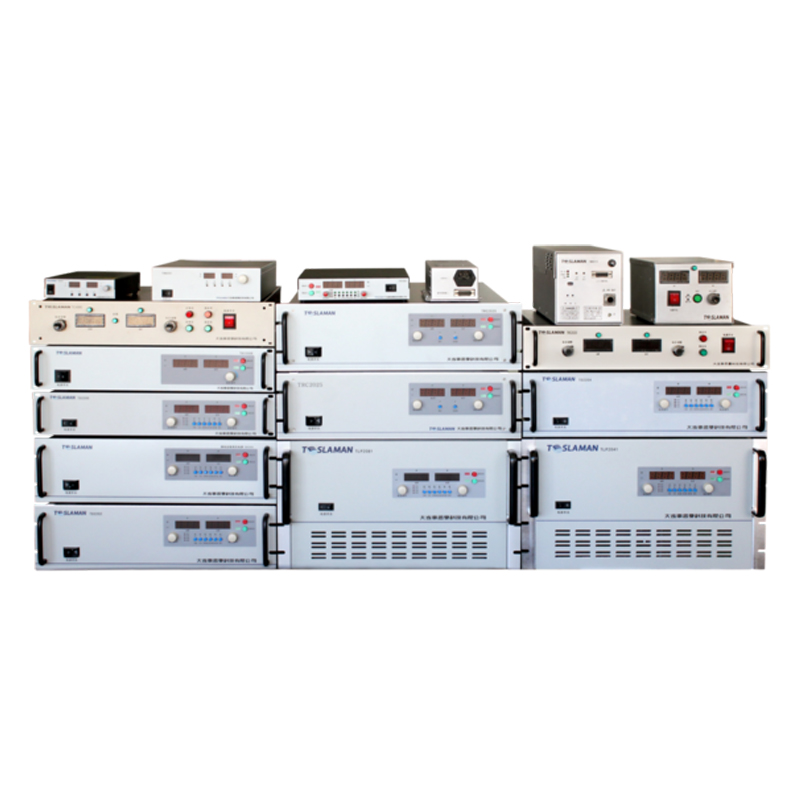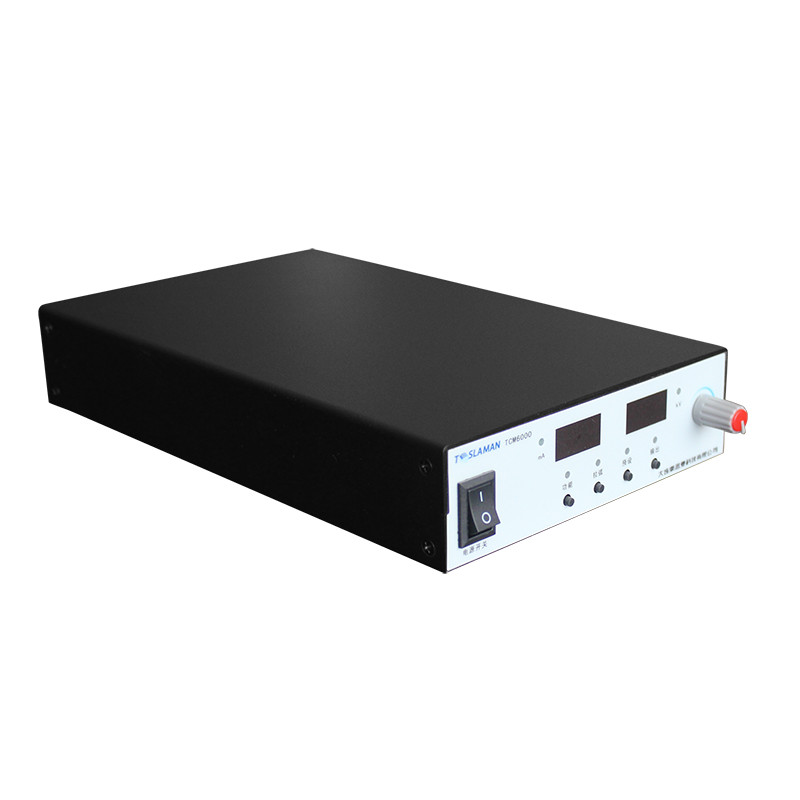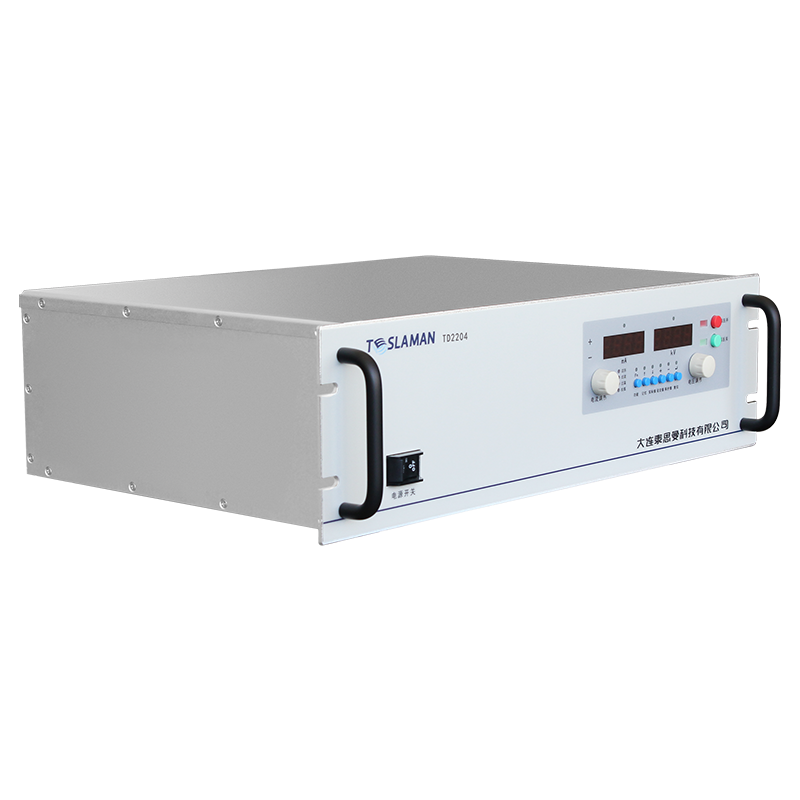The Influence of High Voltage Power Supply of Mass Spectrometer on Ion Detection Sensitivity
In the working process of a mass spectrometer, ion detection sensitivity is one of the key indicators to measure its performance. As an important component of the mass spectrometer, the high voltage power supply has a crucial impact on the ion detection sensitivity.
The basic working principle of a mass spectrometer is to ionize sample molecules into ions, and then use electric and magnetic fields to separate the ions according to their mass-to-charge ratio, and finally detect ions with different mass-to-charge ratios. In this process, the function of the high voltage power supply is to provide the required electric field for the generation, acceleration, and focusing of ions.
Firstly, in the ion source part, the high voltage power supply provides the necessary energy for the generation of ions. A suitable output of the high voltage power supply can ensure that the sample molecules are fully ionized, generating a sufficient number of ions. If the voltage of the high voltage power supply is unstable or the output power is insufficient, it will lead to a low ion generation efficiency, thus reducing the ion detection sensitivity. For example, in some high-resolution mass spectrometers, the voltage accuracy requirements for the ion source are extremely high, and even a slight voltage fluctuation may affect the generation and mass analysis of ions.
Secondly, the high voltage power supply also plays a key role in the acceleration process of ions. By applying an appropriate acceleration voltage, the ions can obtain sufficient kinetic energy to accurately pass through the mass analyzer. The stability and accuracy of the acceleration voltage directly affect the flight trajectory of the ions and the time they reach the detector. If there are fluctuations in the acceleration voltage, the flight speed and direction of the ions will deviate, resulting in some ions being unable to reach the detector accurately, thereby reducing the ion detection sensitivity.
In addition, the high voltage power supply is also used for the focusing of ions. The focusing electric field can focus the ion beam into a smaller spot, improving the resolution and detection efficiency of the ions on the detector. Precisely controlling the magnitude and distribution of the focusing voltage can make the ions better converge in the effective area of the detector, thus improving the ion detection sensitivity.
In order to improve the ion detection sensitivity of the mass spectrometer, the design and optimization of the high voltage power supply are of vital importance. On the one hand, high-precision voltage regulation technology needs to be adopted to ensure the stability and accuracy of the output voltage; on the other hand, the anti-interference ability of the high voltage power supply should be enhanced to reduce the influence of external factors on the power supply output.
In conclusion, the high voltage power supply plays an irreplaceable role in the ion detection sensitivity of the mass spectrometer. By continuously optimizing the performance of the high voltage power supply, the analysis ability and detection sensitivity of the mass spectrometer can be further improved, providing more accurate and reliable analysis results for scientific research and practical applications.




















